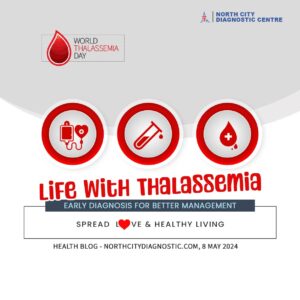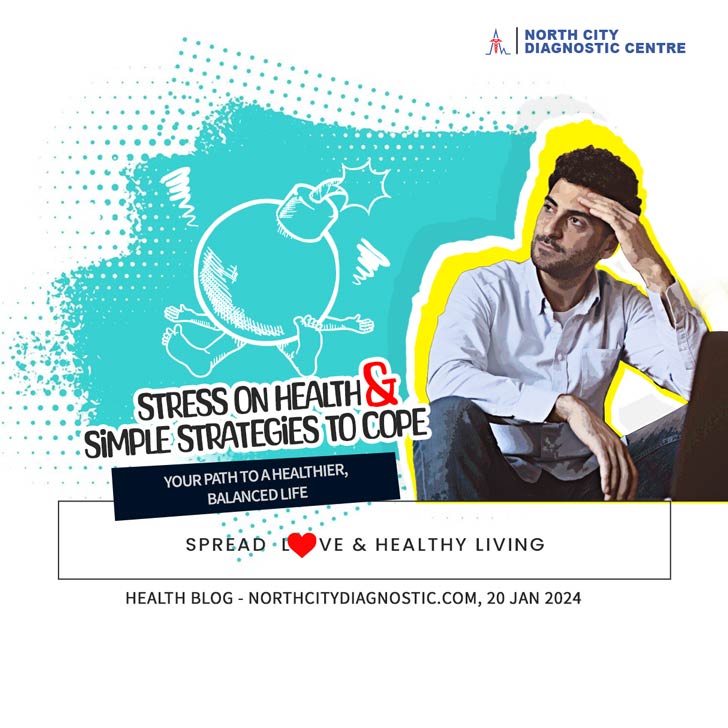
Menu
Bikash is a man of grit and determination. To the world, he presents himself as thriving, a testament to his enduring spirit. Working for top company in general insurance sector, once rode the wave of a first quarter victory. But the tide turned quickly for his team. The next two quarters, Q2 and Q3, didn’t hit the high notes they were supposed to, rather ended short, and Q4’s opening act wasn’t singing any better. The pressure was mounting, with the Vice President hinting at demotions and reduced variable pay, or even job loss as a consequence of underperformance. To top it off, peer pressure was an unspoken yet heavy burden on his shoulders.
It was about 4 months he moved into a new apartment taking a hefty mortgage, enrolled his son in one of the city’s top schools. Then there are weekend treats and parties with friends and peers, fancy lifestyle and topped it off with a big new car. After all you need people to see you are doing well.
The weight of expectation and the demand to perform are relentless, both at work and at home. What one fails to realize is that the stress keeps pilling up and with the burden of stress on health without effective management he is silently putting himself at risk.
Unfortunately Bikash Raha isn’t an exception. It is the story of most of his peers and individuals working in IT, Finance, Media and other high performance sectors. And with working women and working mothers it is much more. People are living by the sword and dying by it. It is just that they do not realize and keep running the race with literally nothing to brace in term of health and wellbeing.

“Men spend their health in search of wealth, they work their fingers to the bone; then spend their wealth in search of health, and all they get is the stone.’ My mother use to recite this poem to me as a child and the ideology has stuck with me throughout my entire life. ”
– Jonathan Eisler
Stress is a natural response to the demands and pressures of life. It’s the body’s way of reacting to a challenge, whether that be a physical threat or a demanding situation. When faced with stress, the body releases hormones like cortisol and adrenaline, triggering the “fight or flight” response.
While some stress can be motivating (Eustress), chronic stress can have negative effects on both physical and mental health (Distress).
STRESS IS YOUR RESPONSE TO A STRESSOR
STRESSOR + POTENTIAL POSITIVE RESULT = GOOD STRESS
STRESSOR + NO POTENTIAL POSITIVE RESULT OR NEGATIVE OUTCOME = DISTRESS
General Adaptation Syndrome (GAS) is a concept introduced by Hans Selye back in 1936, describes how the body responds to stress. It consists of three stages – alarm, resistance, and exhaustion. Though there are actual six stages, the three are most common:
Alarm Stage:
In this initial stage, the body recognizes a stressor, and the “fight or flight” response is activated. This is where the body prepares itself to confront or escape the stressor. Physiological changes occur, such as increased heart rate and heightened alertness.
Resistance Stage:
If the stressor persists, the body enters the resistance stage. Here, physiological changes stabilize as the body tries to adapt to the ongoing stress. It attempts to find a balance between managing the stress and normal functioning. However, the body remains on alert, and prolonged exposure to stress during this stage can lead to negative health effects.
Exhaustion Stage:
If the stressor persists for an extended period without relief, the body enters the exhaustion stage. The body’s resources become depleted, and it can no longer cope with the stress effectively. This stage is associated with a decline in physical and mental health, making the individual more susceptible to illnesses and other health issues.
Understanding these stages can help individuals recognize and manage stress effectively, promoting overall well-being.
Though eustress is often considered positive stress resulting from exciting or challenging situations, it can become counterproductive under certain circumstances. Eustress is typically associated with motivation, increased energy, and improved performance. However, when the intensity or duration of eustress becomes excessive, it may transform into distress, which is negative stress.
Here are a few ways in which eustress can become counterproductive:
Overwhelm: Excessive challenges or excitement, even if positive, can overwhelm an individual. When the demands surpass one’s coping abilities, the positive effects of eustress can diminish, leading to stress-related issues.
Burnout: Prolonged exposure to high levels of eustress without adequate rest or relaxation can contribute to burnout. This may result in physical and emotional exhaustion, negatively impacting overall well-being.
Health Issues: Continuous exposure to high levels of stress, even if initially positive, can contribute to various health problems. These may include cardiovascular issues, compromised immune function, and other stress-related ailments.
Impaired Performance: Contrary to the intended positive effects, excessive eustress can impair cognitive function and decision-making. This may lead to decreased performance and productivity over time.
Eustress | Distress | |
Duration | often short-term, with a clear solution or a way out of the situation | can be short-term or long-term |
Difficulty | more likely to feel challenging but manageable | more likely to feel unmanageable or overwhelming |
Emotions | may include frustration or worry, but also fulfillment or happiness | more likely to include anxiety, panic, or hopelessness |
Self-efficacy | usually occurs in situations where a person feels confident, or self-efficacy is high | often occurs in situations where a person’s perceived self-efficacy is low |
Physical well-being | less likely to affect physical health, although occasional eustress may actually improve it | more likely to affect physical health, especially if the distress is chronic |
Source: Medical News Today | Eustress Vs Distress
Stress is a natural response that can occur both physically and mentally when we experience certain events in life.
In immediate and short-term situations, stress can actually be beneficial to your health, as it helps you cope with potentially serious situations. When your body senses stress, it releases hormones that increase heart and breathing rates, and prepare your muscles to respond.
However, when the stress response doesn’t stop firing and stays elevated for longer than necessary, it can negatively impact your health. Chronic stress can cause a variety of symptoms and affect your overall well-being. Some of the symptoms of chronic stress include:
There is a difference between a stressor and stress itself. A stressor can be a person, place, or situation that causes stress. Stress is the actual response to one or a combination of these stressors.
Various situations can lead to stress. Common stressors include,
Recognizing the signs of stress is the first step in managing its negative effects. Some common physical, psychological, and emotional signs of chronic stress include
Persistent thoughts about one or more stressors, and changes in behaviour such as,
Feeling emotional and nervous or having trouble sleeping and eating can all be normal reactions to stress. Here are some healthy ways you can deal with stress:
At North City Diagnostic Center we offer personalized testing schedule that aligns with your medical history and risk factors. Consistent monitoring can be invaluable for early detection and effective management of arthritis. It’s not just about how often you test but making sure that the tests are aligned with your overall health profile for maximum benefit.
#Stress #stressonhealth #stressmanagement #effectofstress #signsofstress #copingstress #HeathCheck-ups #stressbuster #bliss #healthymind #healthbody #Rejuvenation #secretstohappiness #NDC #HealthFirst #NDC #DiagnosticServices #NorthCityDiagnosticCentre #RoadmapToGoodHealth #Wellbeing #HealthandWellness
35-A ,Canal West Road
Near Gouri Bari Bus Stop
Kolkata – 700004.
Local: +91 33 6605 0888